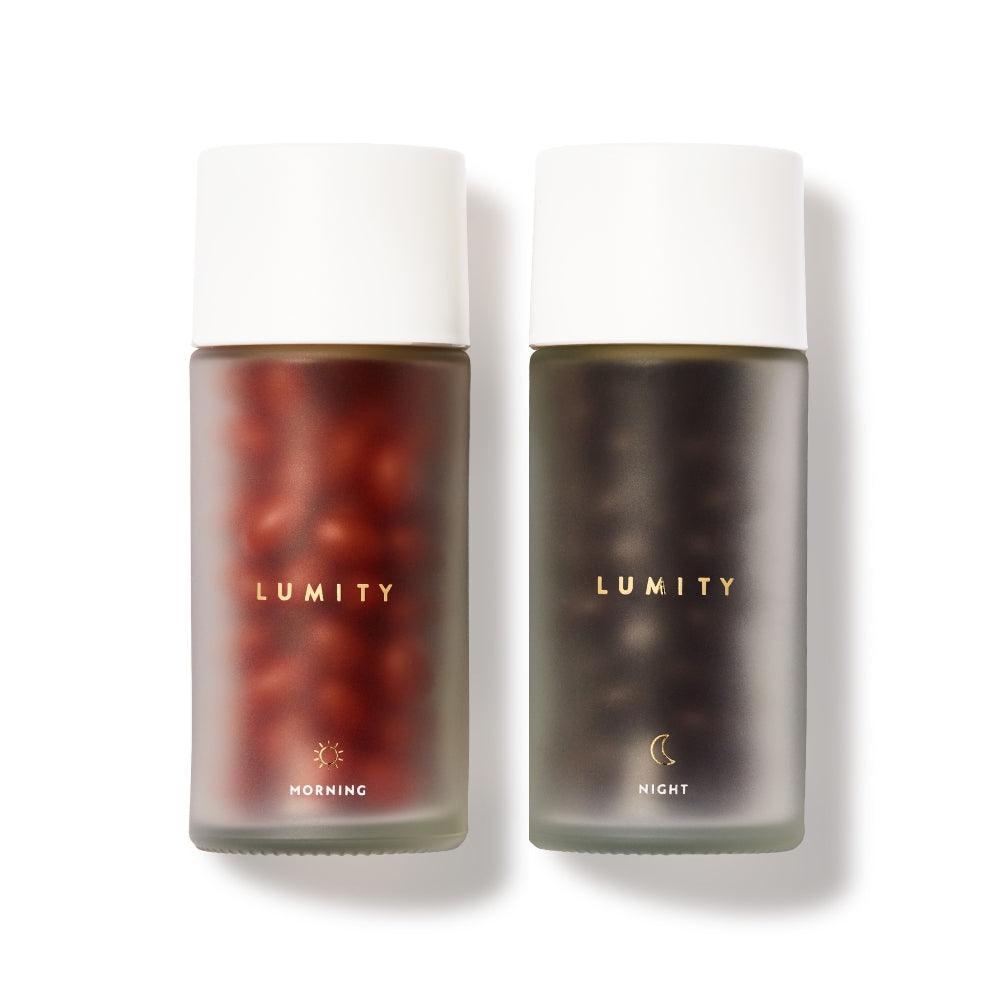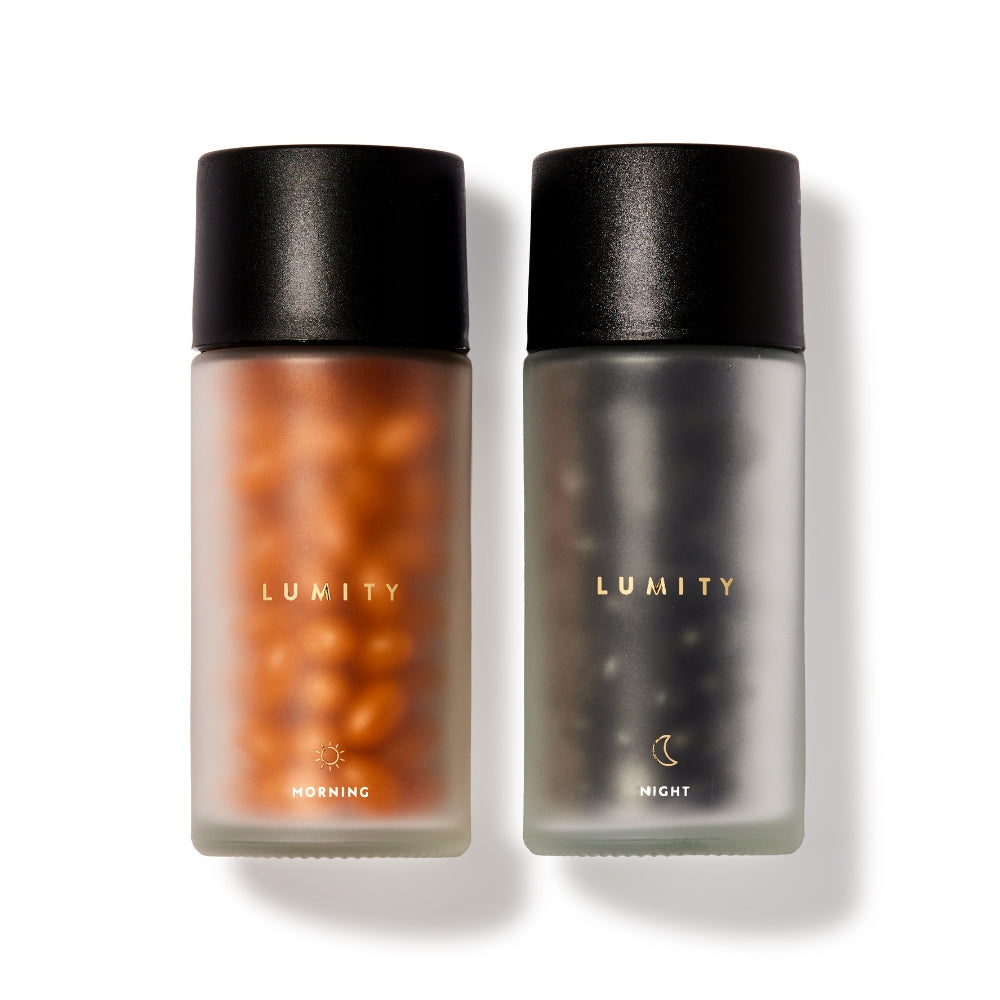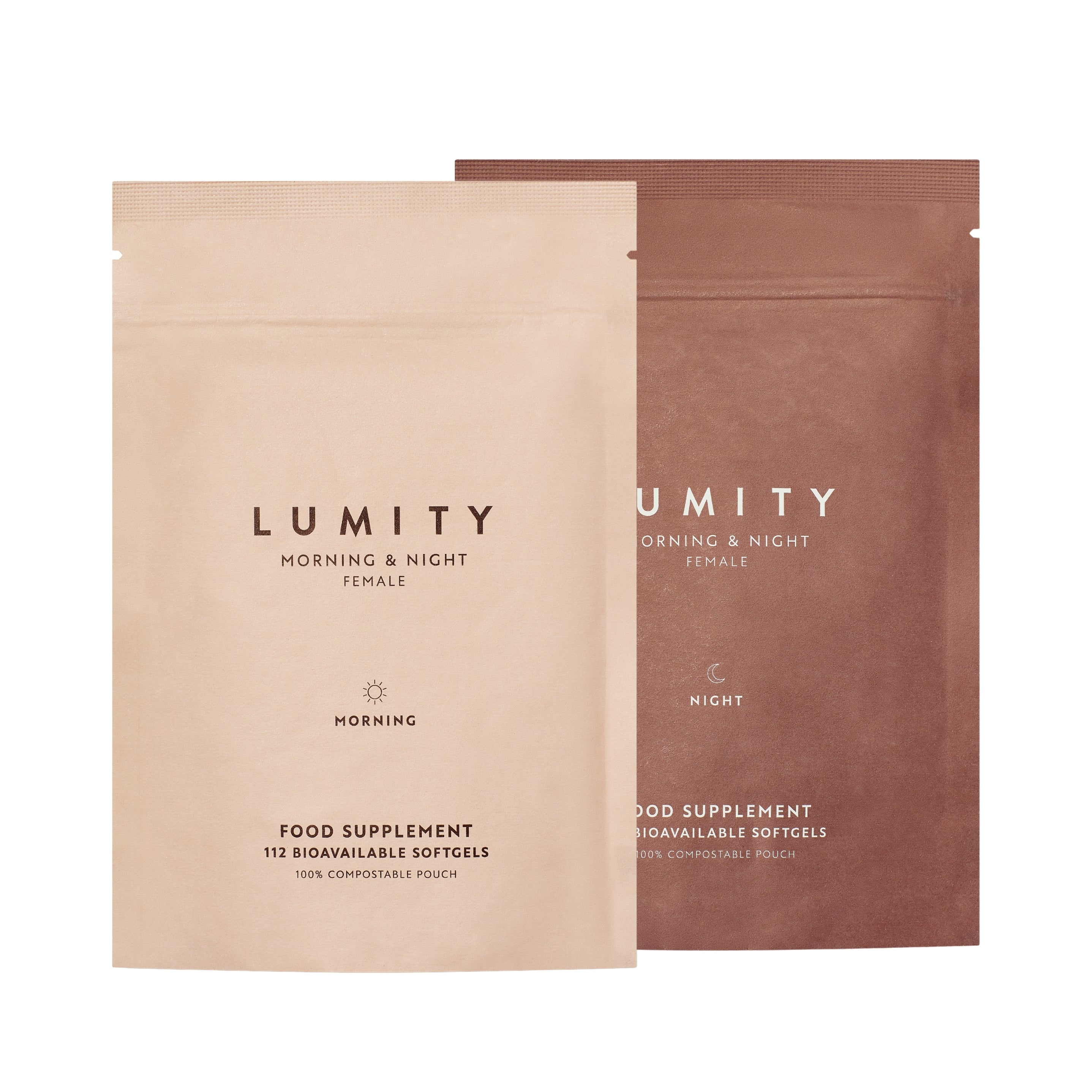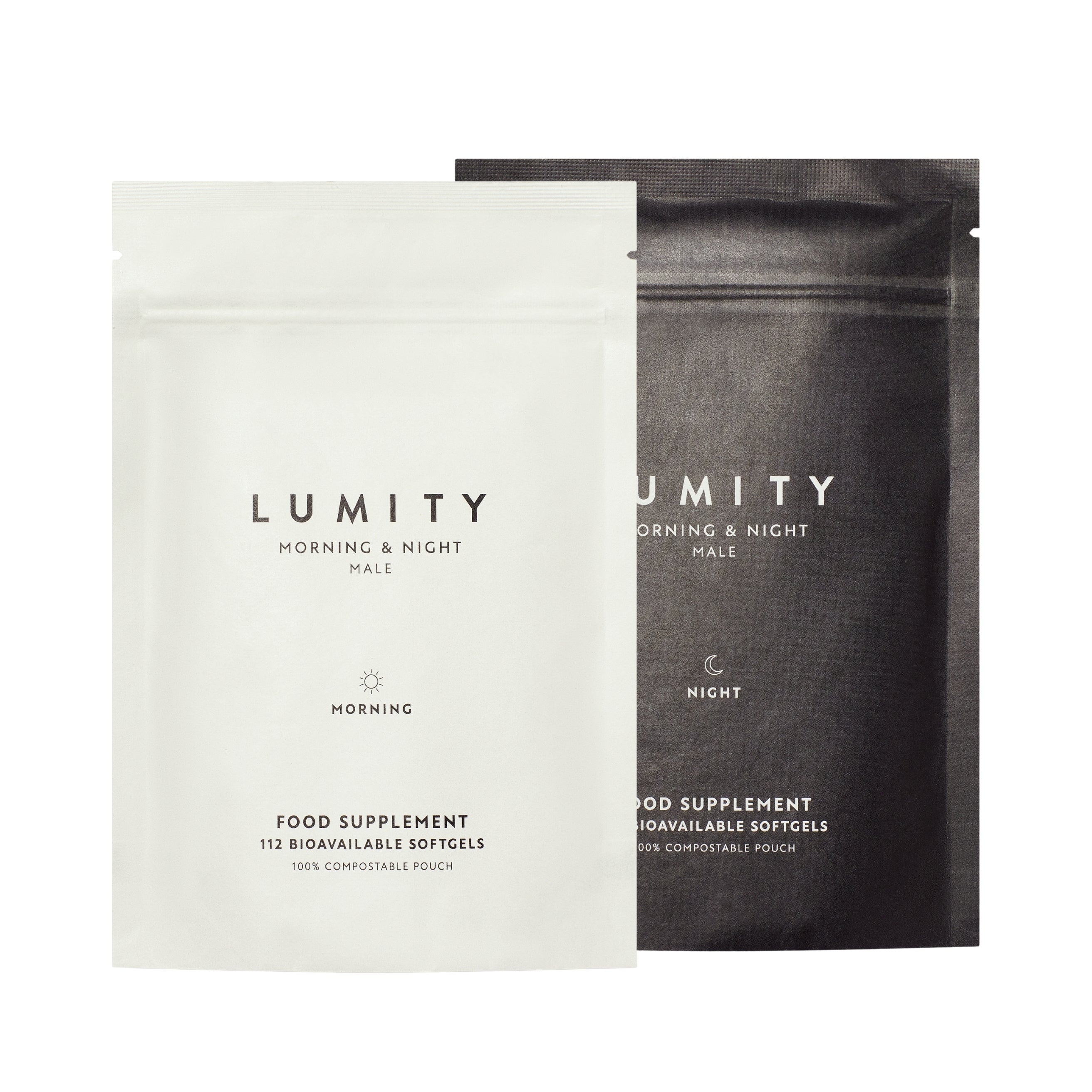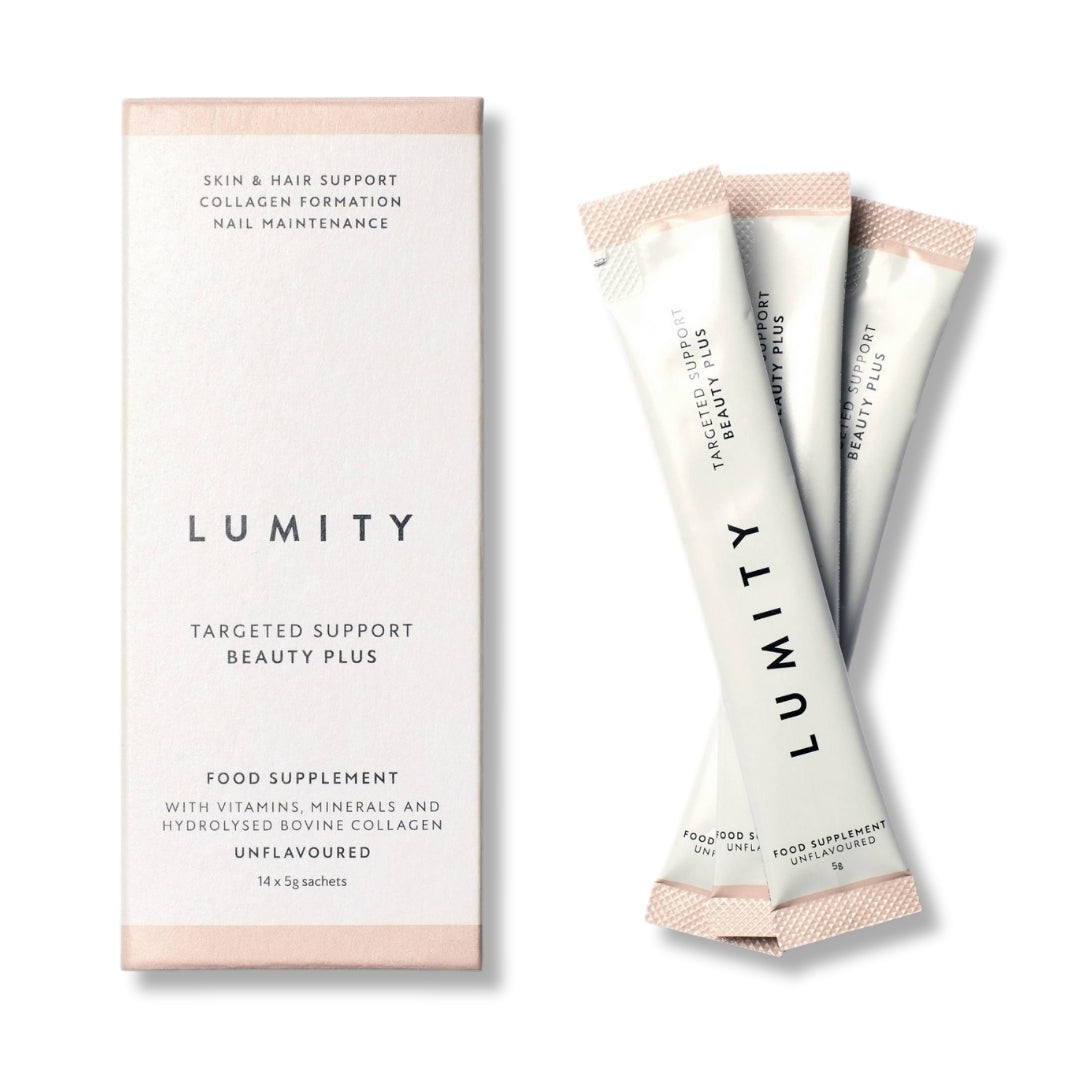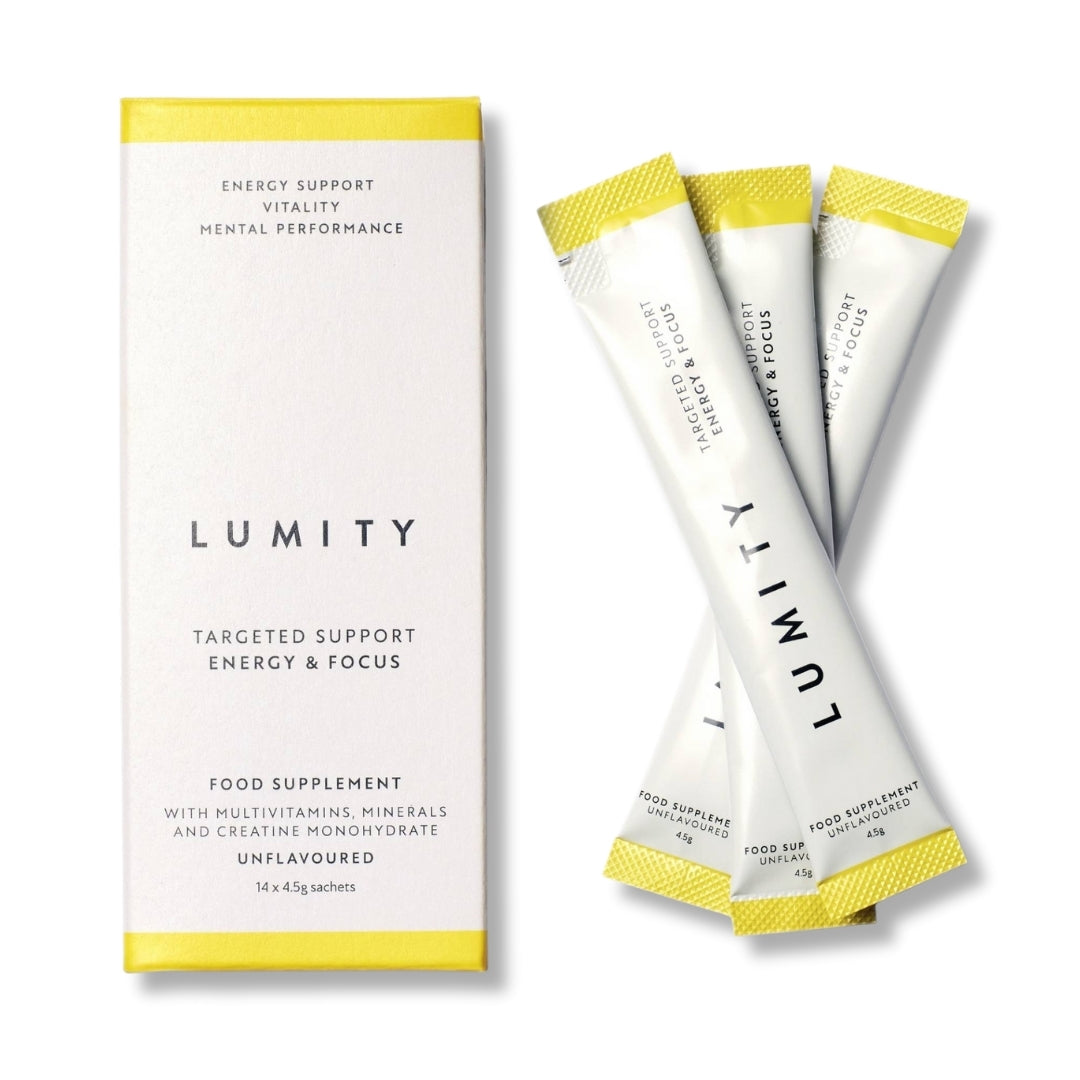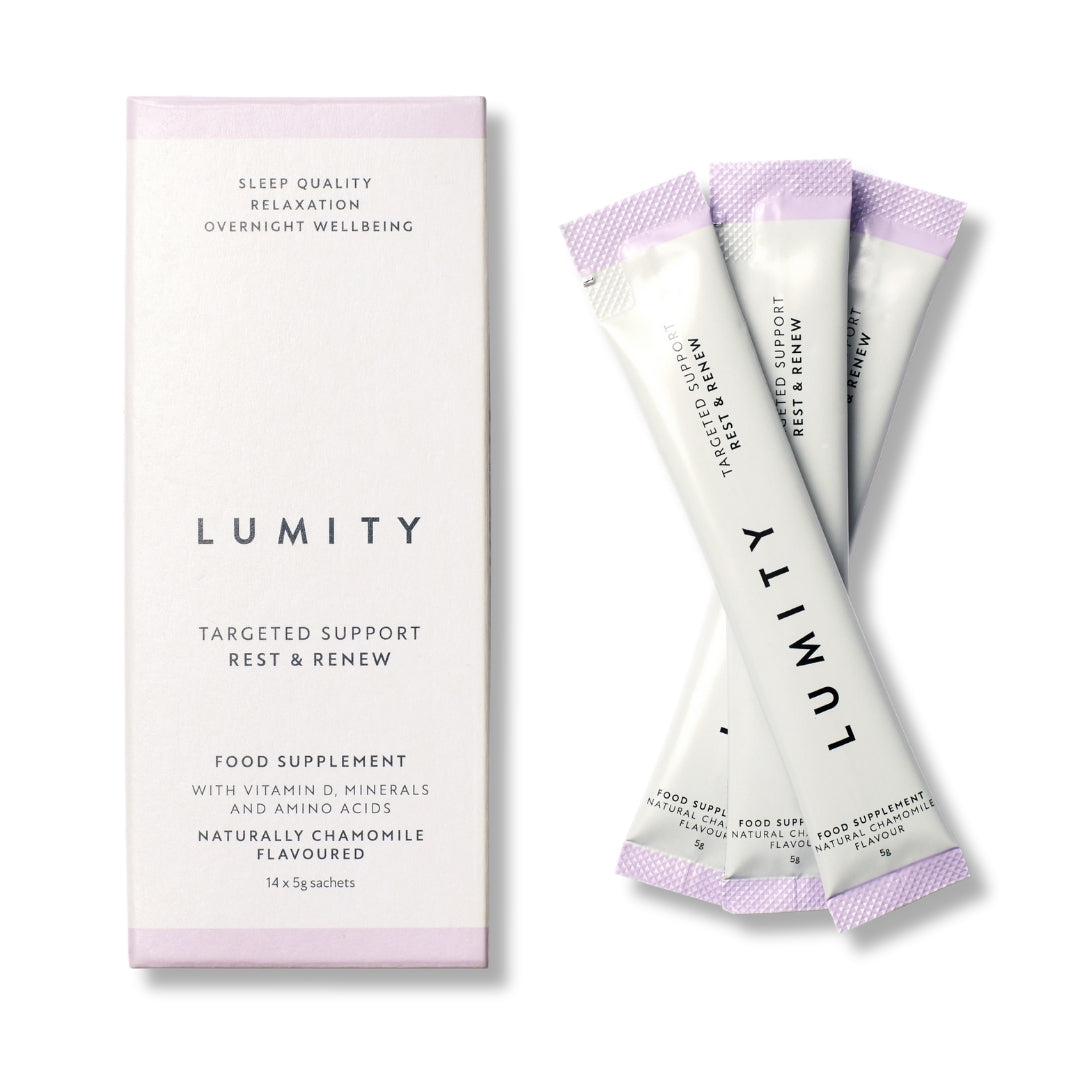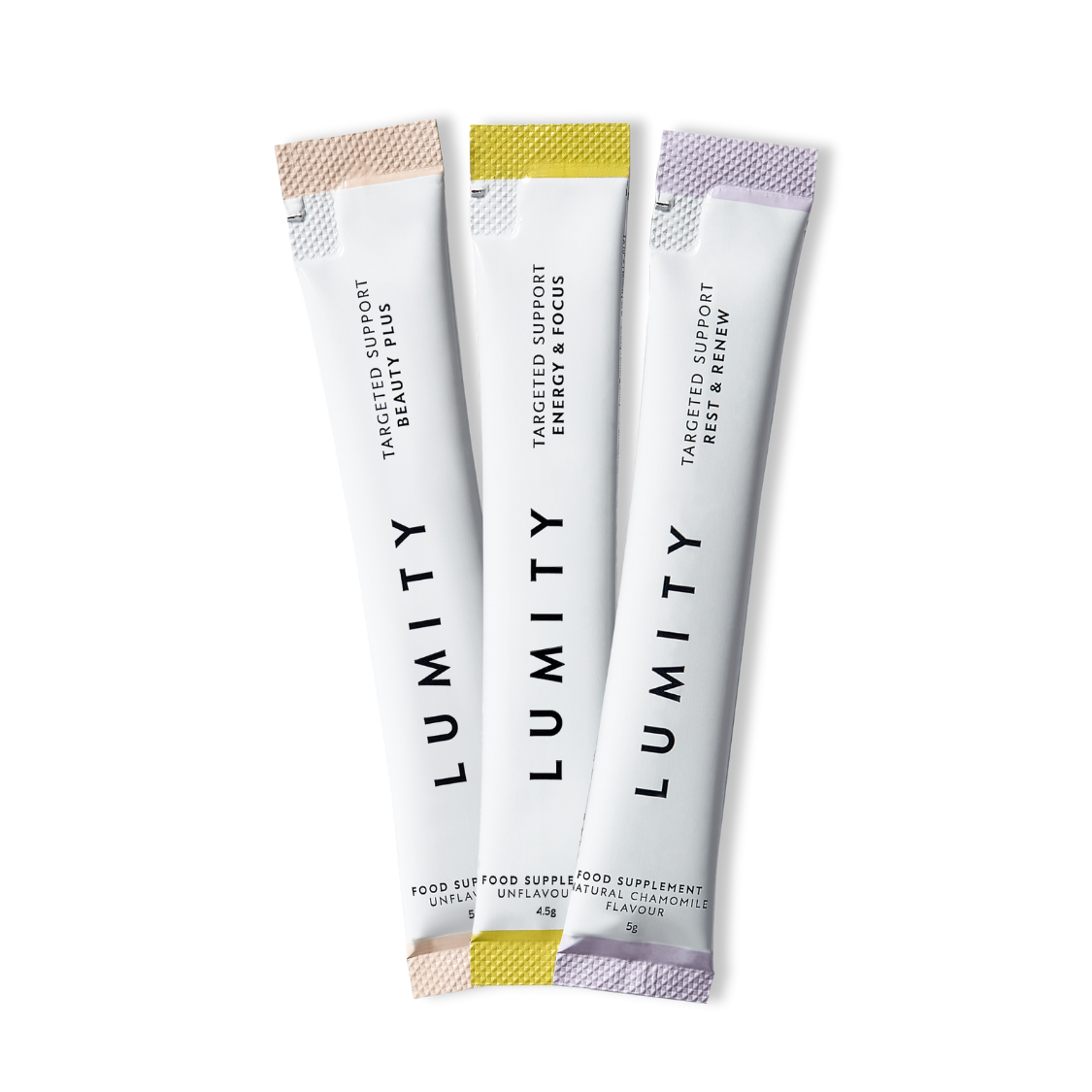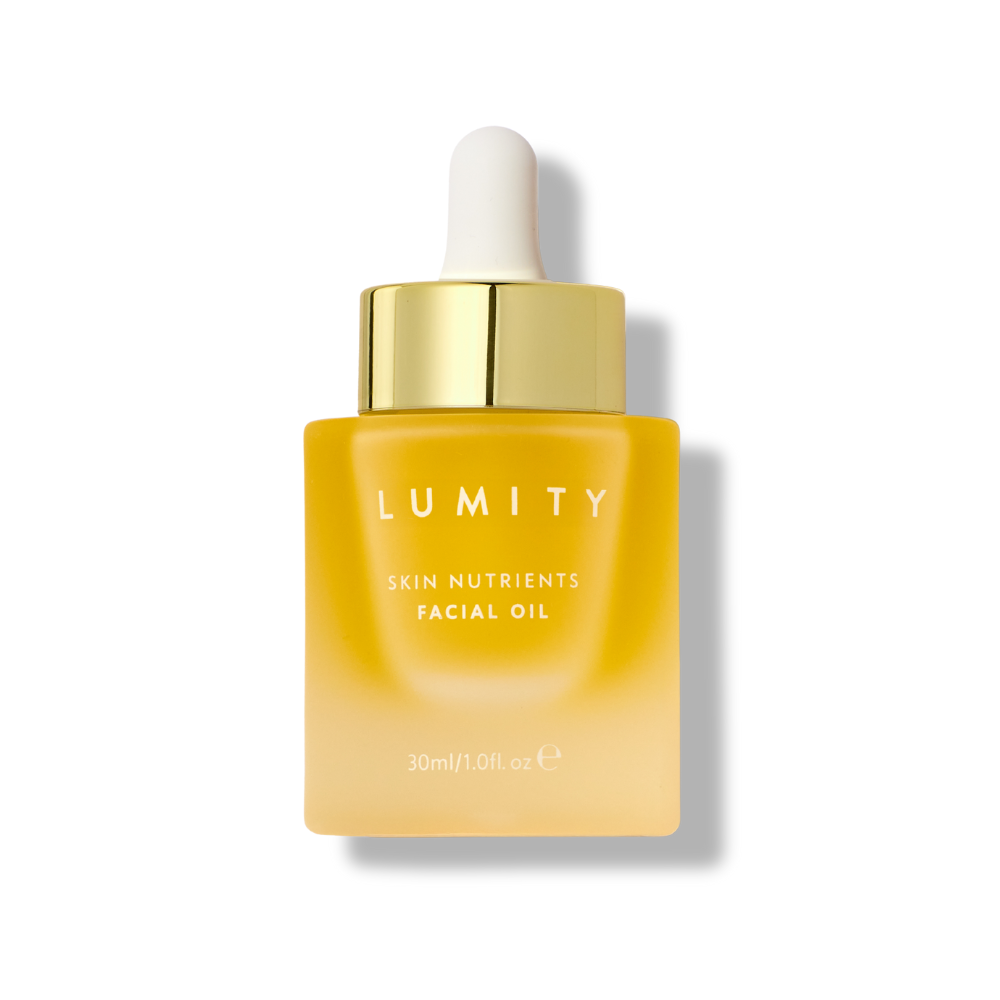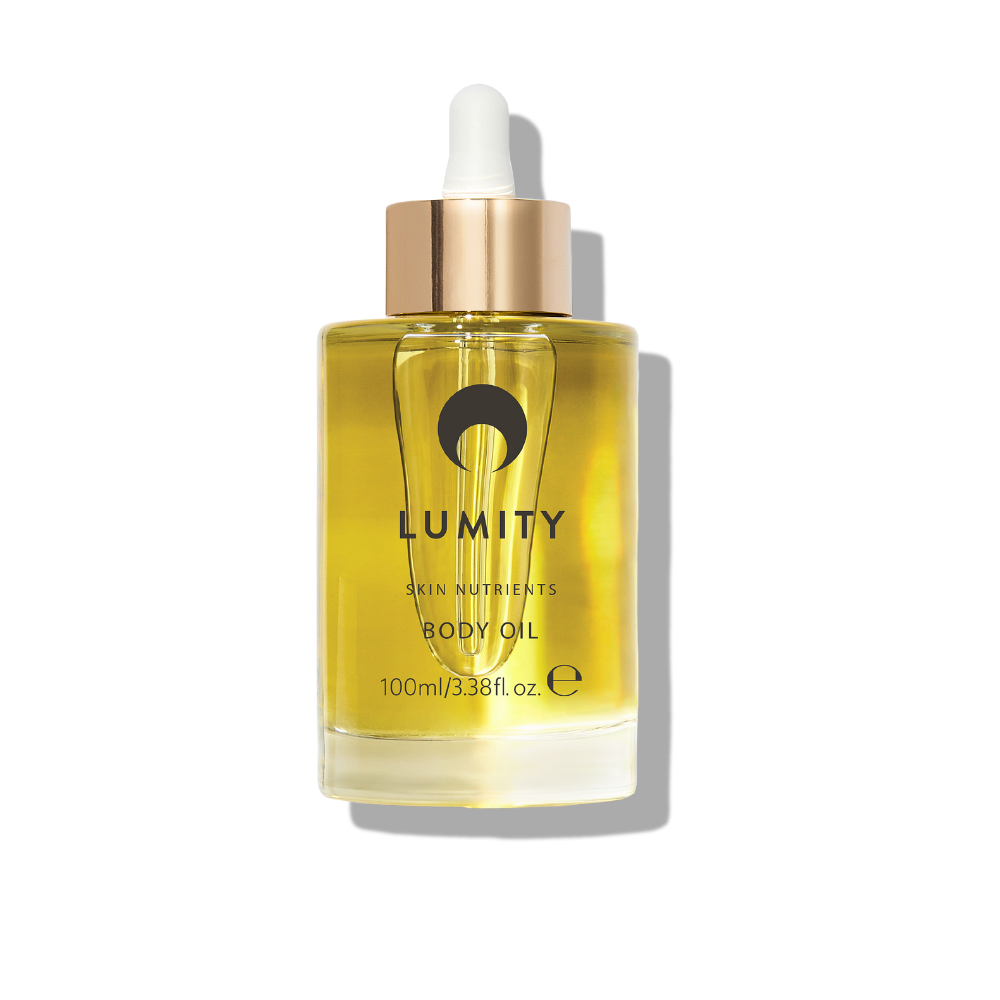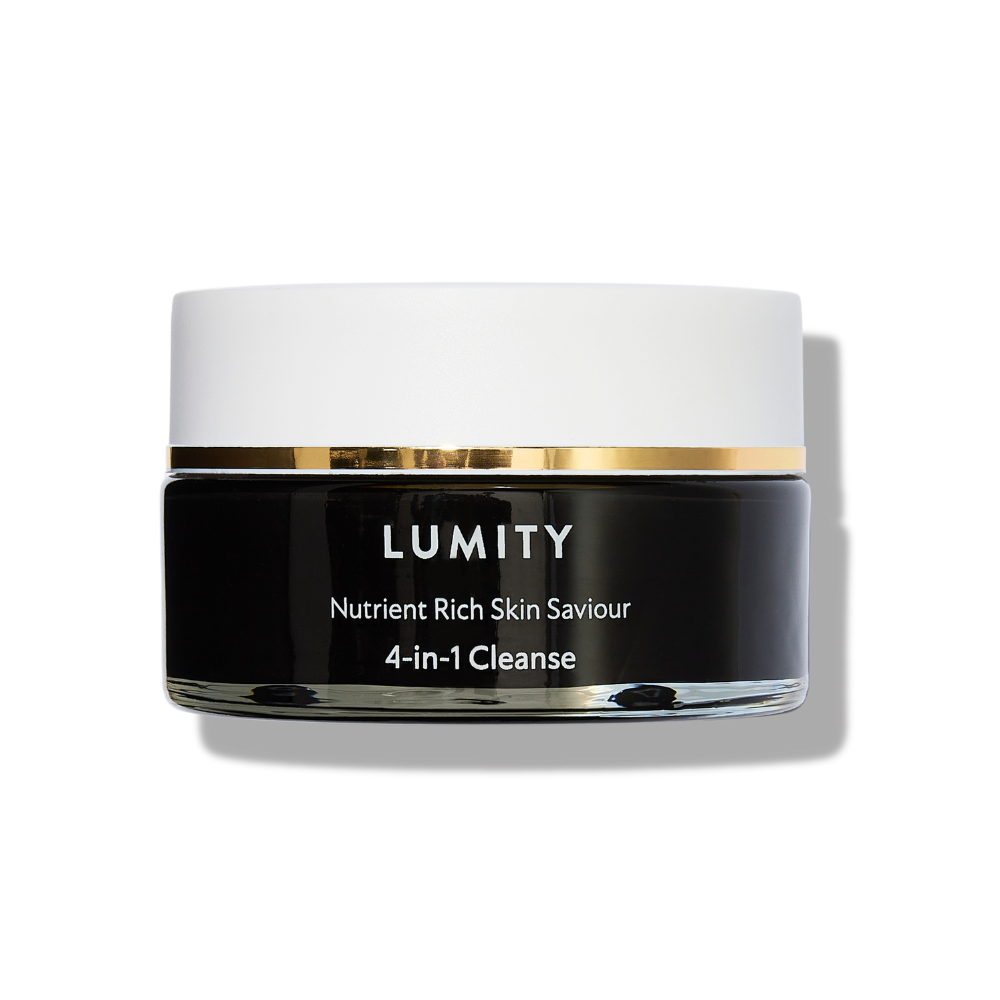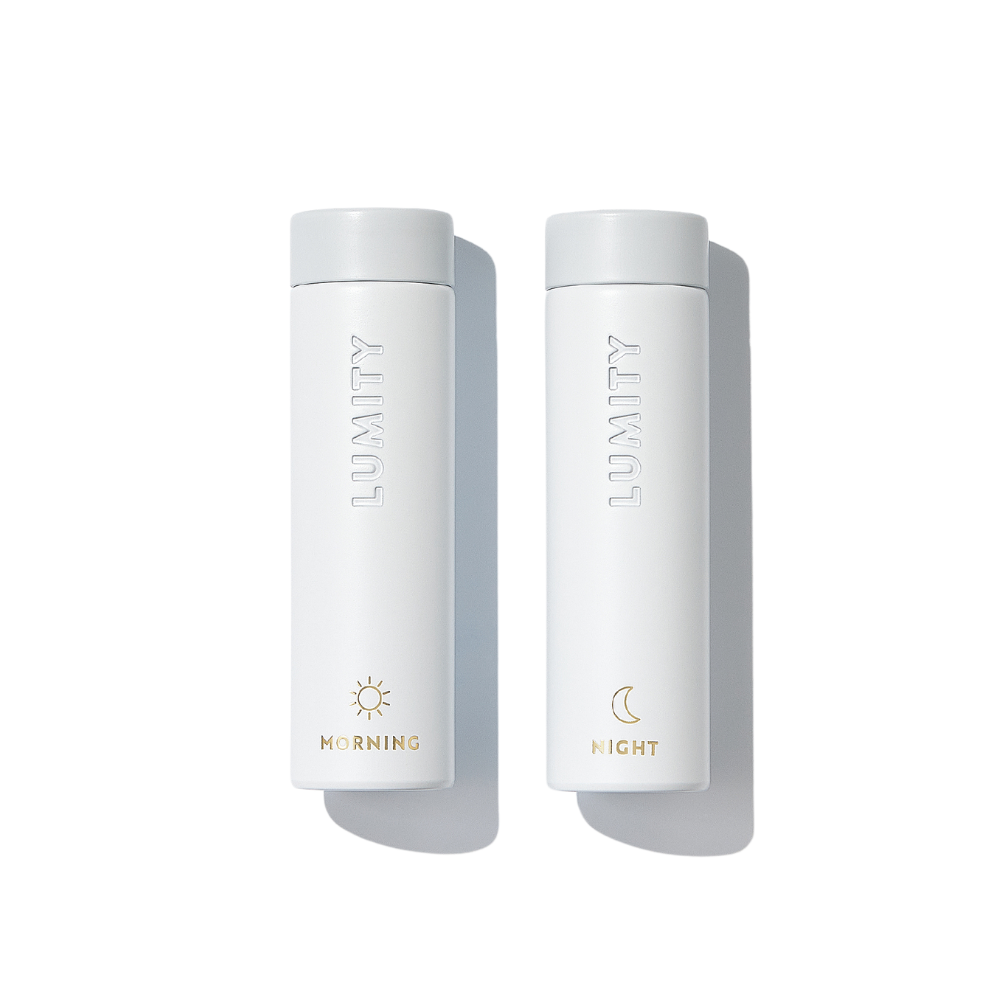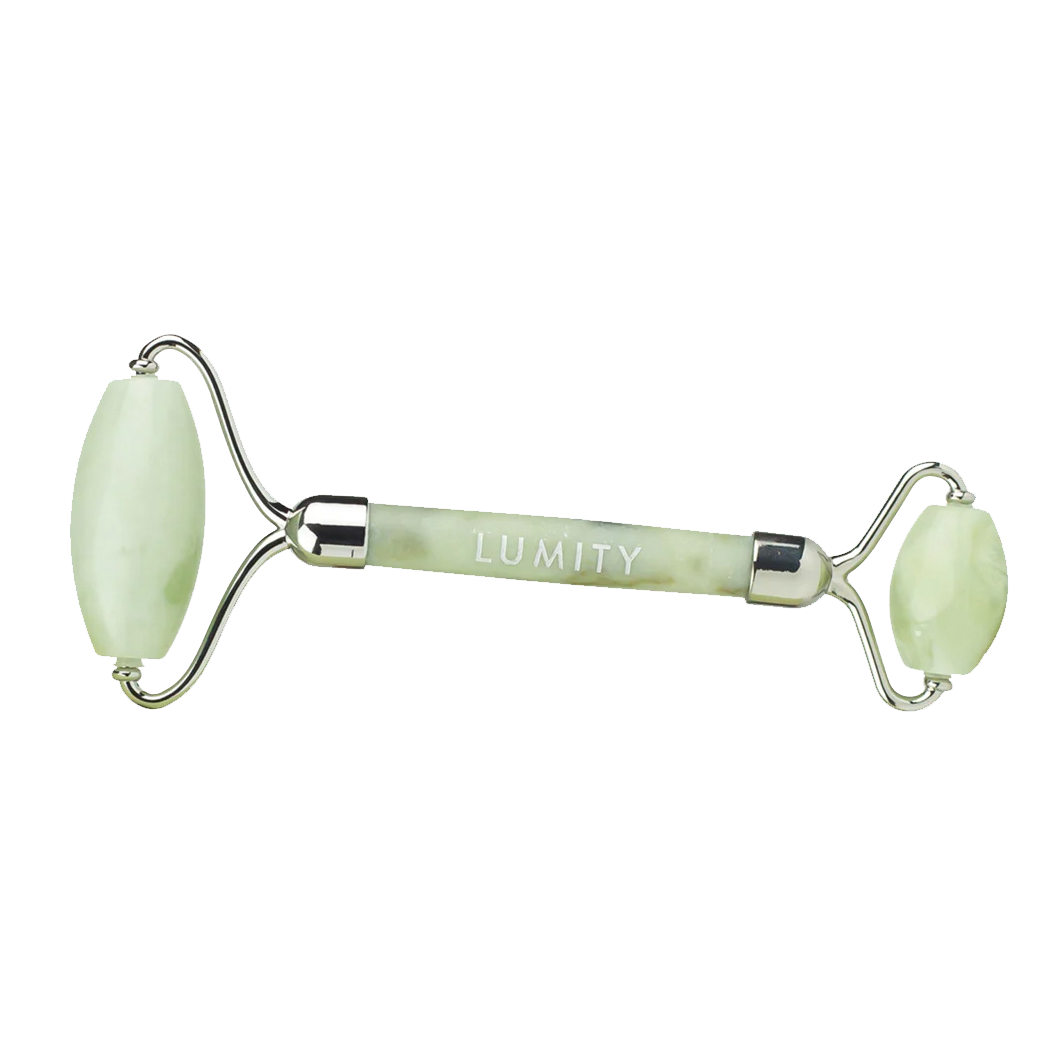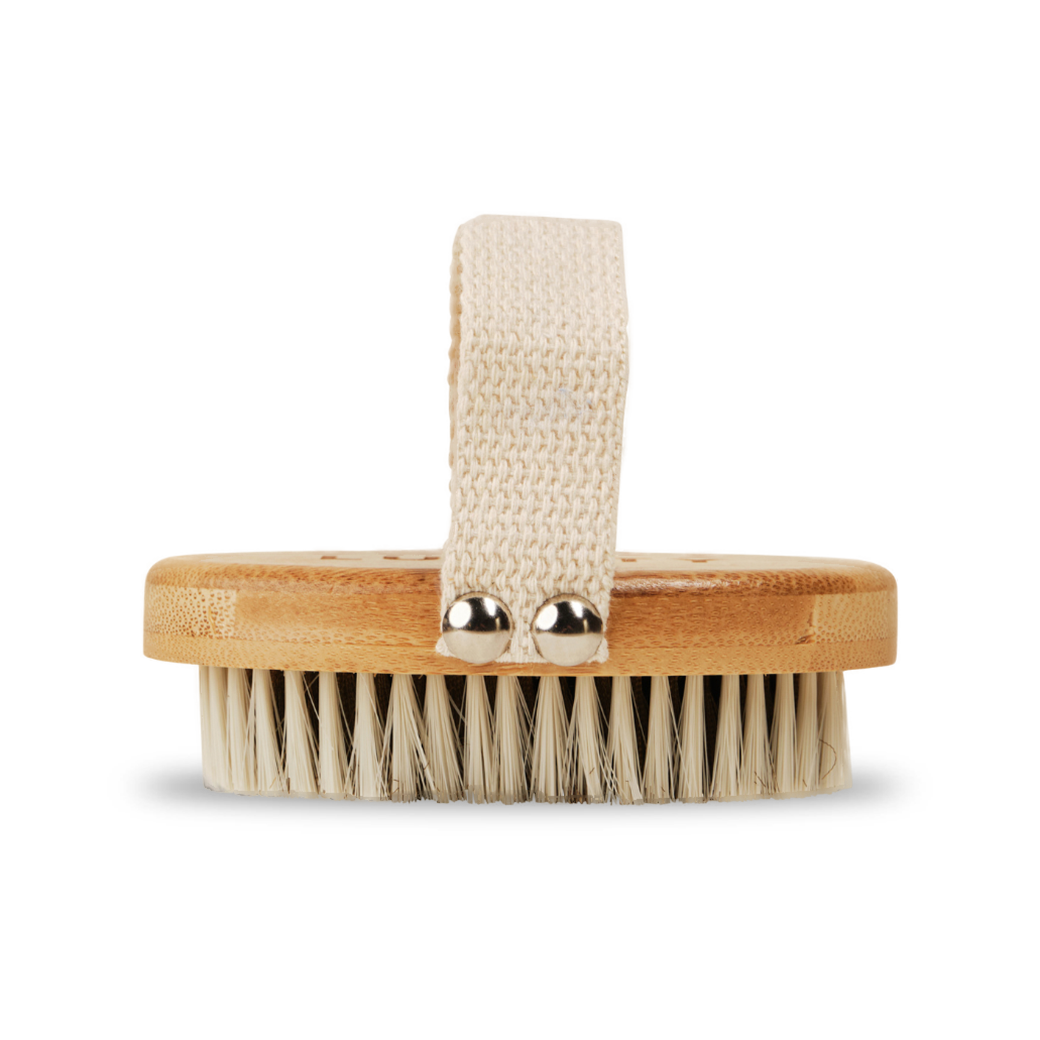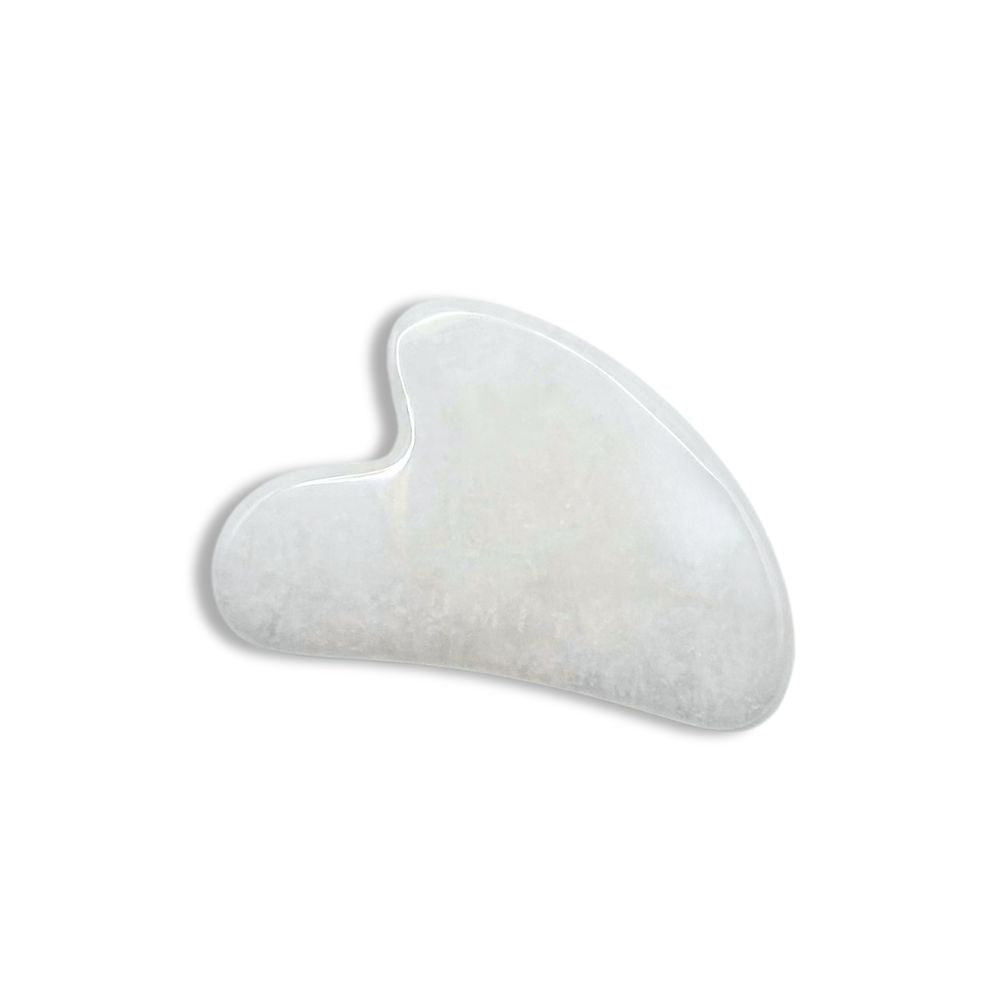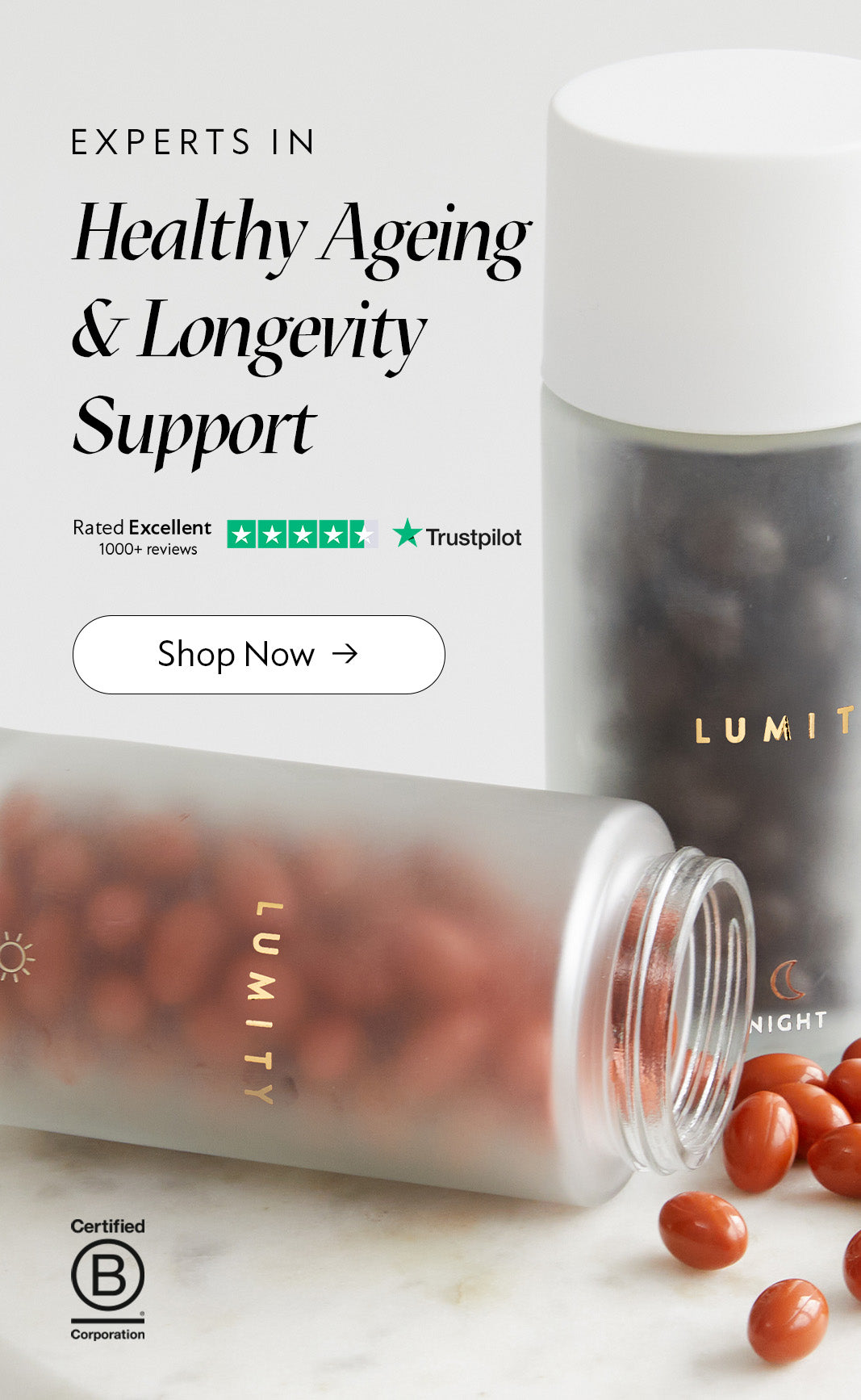Trouble sleeping: Is inflammation keeping you awake at night?

Not being able to sleep is one of the most frustrating things to deal with: there’s nothing worse than crawling into bed feeling exhausted and then lying there for hours unable to drift off. But have you ever considered that inflammation could be the reason that you’re not sleeping well?
If you have ever battled with sleeplessness then you’ll know how much of a vicious circle it is. You can’t sleep, then you start thinking about how to drop off and before you know it you’re lying there wide awake. With a lot of people who are suffering from sleepless nights, inflammation can be a key factor which is stopping the body from getting that all important beauty sleep.
Perhaps you have tried meditation music, turning your phone off and reading a good book or even counting sheep. But when nothing seems to work, what’s the answer?
The science of sleeplessness
The science is this; chronic inflammation can be caused by all forms of stress including physical and emotional stress, oxidative stress from processed food, refined sugar and toxins, plus an out of balance stress response which results in too much cortisol rushing around your system.
Once this chronic inflammation comes into play, it increases the body’s levels of cytokines, which interfere with normal sleep. They’re supposed to play the role of messenger molecules that put your system on red alert to signal that something is wrong. However, when inflammation is chronic they just carry on all through the night, like a griping baby.
Instead of reaching for the sleeping pills, there are other, more natural things which you can do.
How you can ease inflammation
If you can identify what is causing your inflammation then you can often take steps to remedy it. Let’s break it down into the key factors behind chronic inflammation and what can be done about them.
Tackle the stress monster and win
Unfortunately, most of us have stressful lives. Work and finances seem to be the key players that are worrying most people these days. A good trick is to write everything down that’s bothering you, or needs to be actioned, at 7pm each night. Then don’t think about or look at it until the next morning.
It’s really liberating and once you get into the habit, you’ll start enjoying your evenings instead of scrolling through your phone, alternating between checking Instagram and answering work emails. Once you go to bed, work will be at the back of your mind, and hopefully won’t aggravate your insomnia.
Exercise helps with stress, if you can take a class after work then you will soon find yourself pounding out the worries of the day during a boxercise class, or breathing them out at yoga. Meditation often helps to bring things into perspective, and those sales figures aren’t going to improve, and the bills won’t get paid by you lying awake worrying about them.
Foods which can cause inflammation
A lot of the foods which we reach for when we’re stressed out often cause inflammation which then leads to insomnia. Refined sugar, processed foods, dairy (milk, yoghurt and cheese), refined carbs (white bread, rice, potatoes, and cereals), gluten, red meat, coffee and alcohol have all been known to cause inflammation. And, too much caffeine or refined sugar, sends your cortisol levels soaring, which in turn leads to sleepless nights.
Avoid eating late at night, instead have a healthy, balanced dinner no later than 8pm.
Anti-inflammatory miracle workers
If you’re trying to get some quality sleep, it might be worth trying to cut the above foods from your diet and instead include nutrients which help ease inflammation. These include fruit (especially berries), leafy green vegetables, healthy fats like extra virgin olive oil.
As well as certain foods, root spices like ginger and turmeric are brilliant anti-inflammatories. Also, an enzyme which is found at the centre of pineapples called bromelain is also known for helping soothe inflammation.

Before bed, try having an Epsom salt bath, which is rich in magnesium (which is another anti-inflammatory) and sipping on a mug of golden milk.
The recipe can be made up to five days ahead so you can make a batch on Sunday and warm up a cup each night during the week. All you need to do is take a cup of almond or coconut milk, a one inch piece of grated turmeric or a half teaspoon of powdered, one tablespoon of manuka honey, one tablespoon of virgin coconut oil, a few swirls of grated black peppercorns and one cup of spring water. Whisk them all together and bring to boil in a pan and serve. Sprinkle cinnamon over the top to taste.

